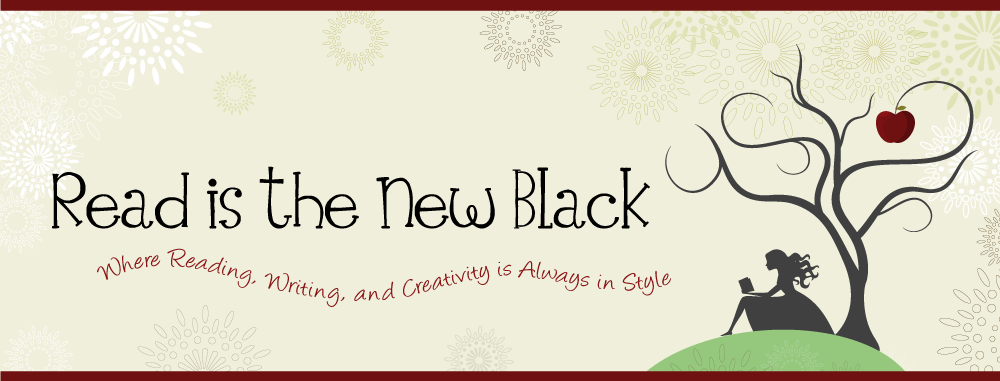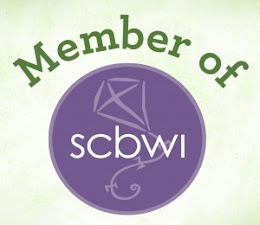It's Thanksgiving week so I thought I should feature a book that touches on themes of food, family, and friendship. I read Lindsay Eland’s SCONES AND SENSIBILITY (Egmont USA), a MG novel
about a 12-year old girl named Polly who tries to play matchmaker with the
people in her life. Her attempts to pair people up and break up couples seem
like fun and games until her well-intentioned meddling starts ticking people off.
What made SCONES AND SENSIBILITY a particularly fun read was Polly’s delightful
narrative voice- she speaks and thinks like a character in an old school Jane
Austen novel even though the story is set in contemporary times.
I got ahold of Lindsay Eland for an interview.
Lindsay was born in Cincinnati, Ohio but
grew up in several places all around Pennsylvania, including Pittsburg and
Punxatawney. She spent what she calls her “growing up years” in State College
where her family resides. Lindsay now
lives in Breckenridge, Colorado.
I have so many amazing childhood memories that it’s hard
to pick just one! But I’d have to say it would be sitting at the big wooden
table at my MomMom and PopPop’s house eating mashed potatoes and peas and
listening to the stories that my parents and aunts and uncles told. That table
and those stories hold just as much magic for me now as they did when I was
eight.
I get a strong vibe from reading SCONES AND SENSIBILITY that
you're a Jane Austen fan. What is it about Jane Austen's work that appeals to
you?
Yes, I adore Jane Austen. And really, everything about
her work appeals to me. The atmosphere she creates, the characters she
develops, the dialogue, the elegant romance, her witty humor. I just adore it
all.
In SCONES AND
SENSIBILITY, the protagonist Polly has such a distinctive voice. She is prim
and proper, a little pretentious, and at the same time, she really means well
and wants to help others. How did you get the inspiration for such a character
and voice?
My inspiration for Polly
came in a variety of ways. First, I adore both Jane Austen and the character
Anne Shirley from Anne of Green Gables. Polly is a modern-day version of those
two. My daughter also has a friend who, at the time, was very Polly-esque and I
got such a kick out of listening to her. I also had a deep desire to come up with
a heroine who didn’t have an ounce of tom-boy in her.
 There is also a fun baking theme in SCONES AND SENSIBILITY. What
tip(s) do you have for writing a story where food plays a "supporting
character?"
There is also a fun baking theme in SCONES AND SENSIBILITY. What
tip(s) do you have for writing a story where food plays a "supporting
character?"I think food is a very important element in writing that can add that bit of humanity, universality, and detail to any story. We all eat. We all need to eat. And, if you’re anything like me, you LOVE to eat.
What do you like to bake besides scones?
I love to bake just about anything! Pumpkin bread,
chocolate éclairs, chocolate-chip cookies, brownies, cakes (chocolate
preferred…are you sensing the pattern?
What books did you like to read growing up?
I adored Roald Dahl (still do), Katherine Patterson, and
any story about animals.
Are there any other projects you'd like to mention?
Yes! My next book with Egmont USA titled A SUMMER OF SUNDAYS will be released on
July 9th, 2013. It is the story about a twelve-year-old girl who is
stuck, smack-dab, in the middle of her large family and spends her summer
vacation trying to make her mark on her world. It’s a story full of friendship,
laughs, and mystery.
Thanks so much, Cynthia!
You're welcome, Lindsay!
Thanks so much, Cynthia!
You're welcome, Lindsay!









